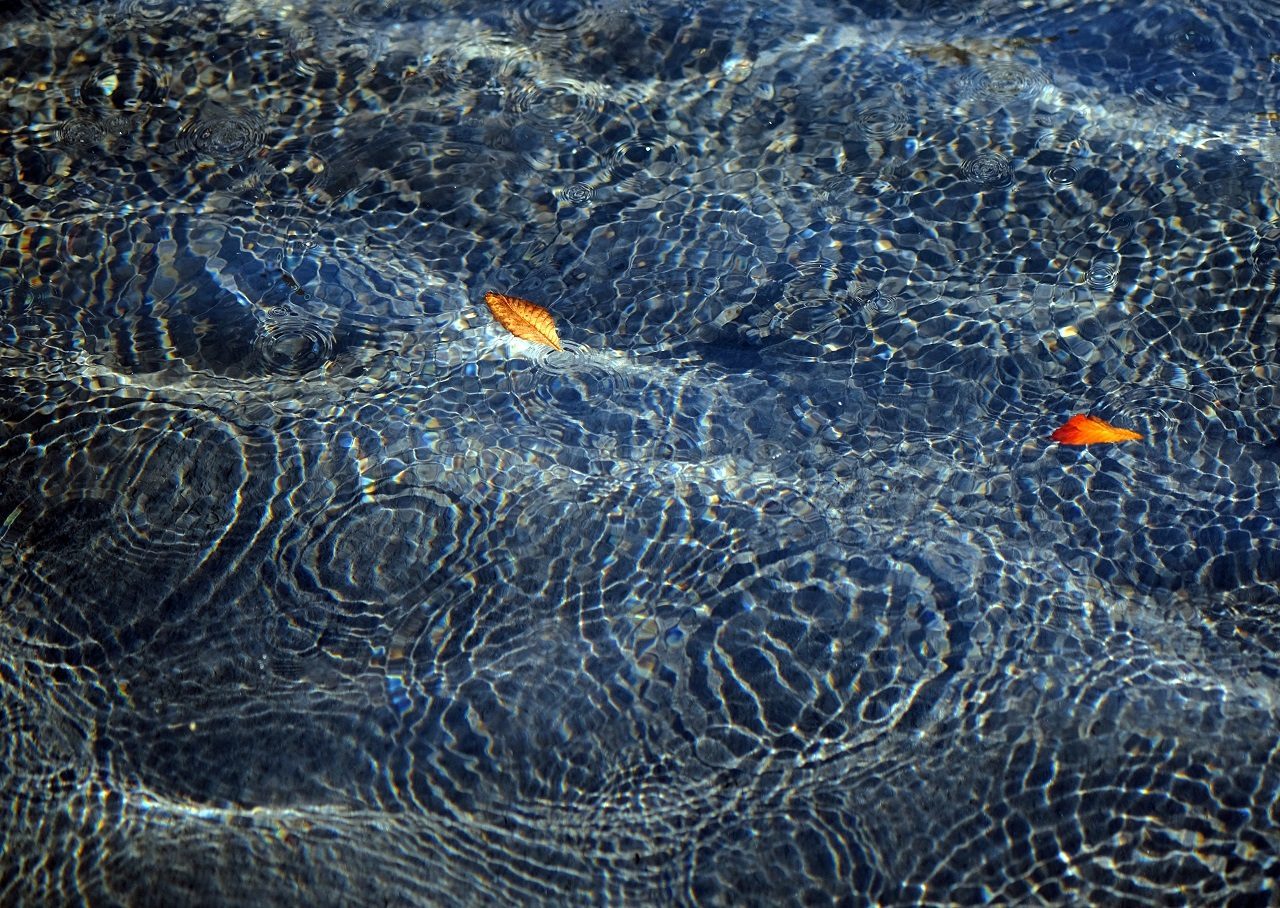MATTHEW OLZMANN
Notes Regarding Happiness
Sorry, I didn’t mean to post that message nineteen times on your Facebook page. What I meant to do was wish you a happy birthday. Instead, here are thirty random characters followed by fifteen more followed by an exclamation point! These messages must look like a language from the future, classified codes that will take years to decipher. They aren’t. The only thing those signals say is that I’m bad at computers the way continents are bad at crossing oceans to touch the other continents, or the way planets are bad at breaking their orbits and setting off on their own. Even light has limitations as, eon after eon, it barrels forward, unstoppable. Yes, light is bad at changing its mind, so it continues to tumble in the same direction, the way I continue to pummel the same enter key, amazed each time at all the nothing that happens. So technology also can be accused: let no wire go without blame, no microchip be absolved. Remember when that plane left Brazil and was gobbled up …





